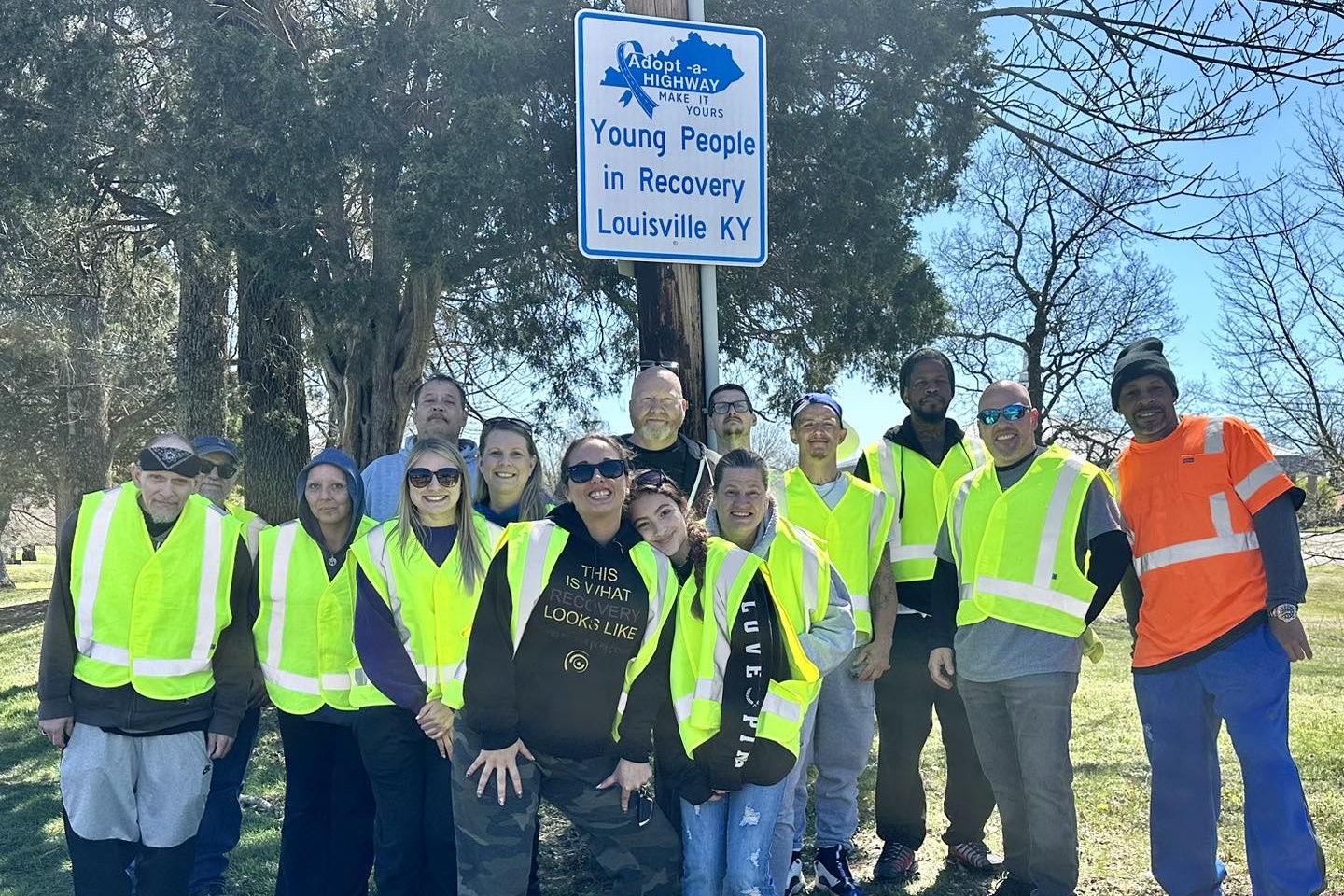
Gov. John Hickenlooper said he thinks the state's Oil and Gas Task Force, which determined its final recommendations on Tuesday, succeeded in taking "several steps forward" to reduce conflict between oil and gas activities and local communities.
Hickenlooper talked with Colorado Matters host Ryan Warner on Wednesday in his first in-depth interview since the task force took its final votes.
The nine recommendations that received the support of two-thirds of task force members -- the number required to gain approval -- include calls for more communication between local governments and oil companies, more inspections of drill sites, and more study of health effects.
Hickenlooper said the nine recommendations "probably should be enacted," and he will rely on regulators and lawmakers to fine tune and implement them. The fact that nine proposals garnered such substantial support -- with several passing unanimously -- shows the task force did its job, he said.
"There were an awful lot of people that said nothing is going to come out of this, we're not going to make any progress," the governor said. "That turned out not to be the case."
Yet many observers, and some members of the task force itself, disagree.
Gwen Lachelt, a La Plata County Commissioner and co-chair of the task force, said on Tuesday, “I feel like we let the people of Colorado down,” by not finding a way to give local governments significantly more control over where drilling happens.
A spokesperson from the newly formed group Coloradans Against Fracking said it'll work to get a statewide ban on fracking passed through a ballot initiative or another means, including executive order.
For Hickenlooper, that's a nonstarter.
"We can't find examples in Colorado, or more than one or two examples, where fracking, in any sense, has caused harm or been sufficiently dangerous to the public to justify us to ban it," he said.
On the risks of banning fracking in the state:
"If you ban fracking, and therefore eliminate, I don't know, 80 or 90 percent of the oil and gas activity, not only do you threaten a $20 billion a year industry, not only do you threaten 100,000 jobs, but you threaten that a court will come back and hold the state of Colorado liable for the financial penalties of taking [the value of mineral rights from private holders]... Once the [financial liability to the state] is laid out, they can put a fracking ban on the ballot, but once the chambers of commerce and all manner of elected officials [who] would say, 'Boy, this puts the state in serious jeopardy.'"
On Gwen Lachelt's evaluation of the task force's work:
"I think Gwen shouldn't be so hard on herself. She put in a lot of time and I think she did the best she could ... What the commission tried to get to is: How can we make sure that local officials have a voice in the negotiations? How can we make sure that the oil and gas industry is compelled to keep the public elected officials abreast of what's going on? And therefore work together to make sure that there's the least possible friction between the extraction activity and people that live there."
On Colorado's broader efforts to regulate the oil and gas industry:
The governor said he sees the task force's work as an incremental step in a longer debate going on in Colorado and around the country.
"That's not a surprise or a new revelation. If you go back and look at the history of oil and gas over the last 50 years in America, it has been continuous improvement. As we develop new technology that allows us to operate cleaner, to measure methane, for instance... would have been impossible 10 years ago without incredible expense. So, what this, to me, this is that next step to demonstrate that in the opinion of the civic leaders from the state from a variety of different backgrounds, and the environmental community from all over the state and representatives from the oil and gas industry from all over the state, this was a set of recommendations that was going to have a positive benefit to the state."
Recommendations that received support from two-thirds of members on the Oil and Gas Task Force:
- Establish a process for increased collaboration between oil and gas operators and local governments when it comes to multi-well drill sites, and provide mediation if the collaborative process does not produce and agreement about where to put large-scale drilling operations.
- Include future oil and gas drilling and production facilities in the local comprehensive planning process. Operators would have to reveal future drilling sites and related facilities.
- Enhance local government designee roles and functions as liaisons between industry, residents and local officials.
- Increase COGCC staff, including inspectors, enforcement and permitting staff.
- Increase staffing at Colorado Department of Public Health and Environment, increase capacity for health risk assessments, and create a health complaint hotline.
- Create and oil and gas information clearinghouse.
- Convene a working group to find ways to reduce truck traffic on public streets, roads and highways for oil and gas activities.
- Continue rules around methane emissions that the state enacted on a temporary basis last year.
- Implement a compliance assistance program for the industry.









